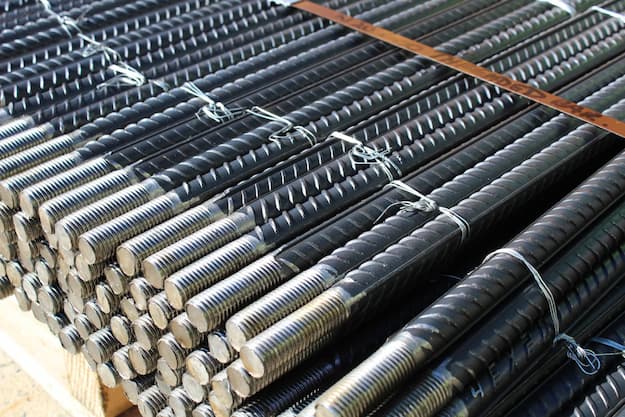In construction and engineering projects of any scale where concrete plays a major role, choosing the right fasteners and anchoring solutions is vital for structural stability and safety. Anchoring solutions, ranging from simple mechanical and chemical anchors to larger hold-down rods, are chosen for their strength, dependability, and brisk installation. Where matters get difficult is selecting the right fastener for the job.
Unlocking the Secrets of Masonry Drill Bits: A Comprehensive Overview
For every building and renovation project, you’ll need the right tools and tool accessories. In projects involving attaching objects to concrete foundations, or walls made of brick, block or stone, the use of drills and drill bits makes the connecting elements—masonry anchors – possible. The tools and bits drill holes to the required depth, so items like handrails, wall brackets or bulky machines are securely anchored and won’t budge. This guide delves into the different types of masonry drill bits, the differences in design, and the materials in which they work best. 
The Ultimate Guide to Chemical Anchors: Types and Advantages
When fixing items as diverse as simple handrails or structural beams to concrete, brick or stone, you’ll want the right masonry anchor. These are solid and durable fasteners with huge holding strength, ensuring anything that needs to be attached to masonry stays there. Masonry anchors vary in holding strength, where and how they’re used, and the type of masonry they’re best suited to. This ranges from light-duty concrete screws used to attach lighter steel or metal items in solid and cracked concrete to Dynabolt sleeve anchors for medium-duty anchoring in concrete, concrete block and brick. These are just two of the dozens of masonry anchors on the market.
Everything You Need to Know About Starter Bars for Concrete
Concrete is the most abundant construction material, second only to water. It is used in foundations, columns, beams, walls, and slabs and is chosen for its durability, strength, quick hardening, versatility and low cost. The material is waterproof, resists temperature extremes, and requires minimal maintenance once installed. The only drawback is that it needs to be reinforced.
Exploring Self-Tapping Screws: Uses, Types and Buying Considerations
Quick installation, superior holding strength, and excellent durability are just a few reasons why self-tapping screws are the fasteners tradies can’t do without. They differ from ordinary screws in that they tap their own hole during installation, cutting down on the time, effort and tools needed to get the job done. And they come in a few variations, to make everyday and specialist tasks a breeze.




